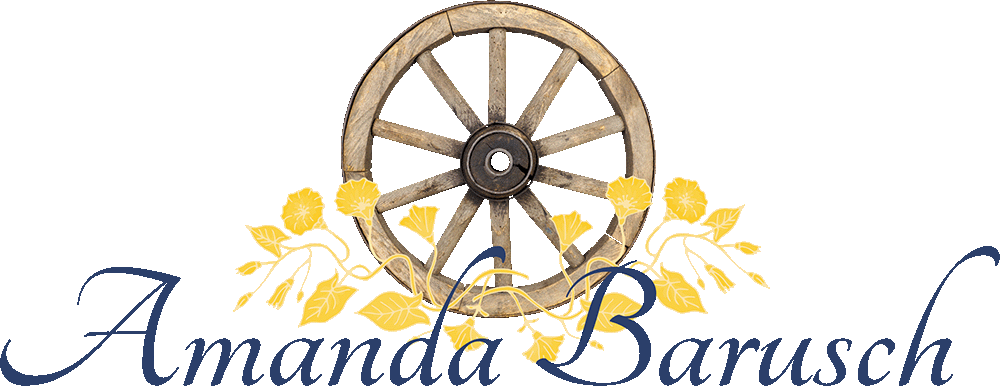Auto-ethnography: Life at the Boundary Between Self and Society
Standing before the full-length mirror in my bedroom I am confused. This morning when I posed in my underwear I thought, “Not bad for 53. You go girl!” This evening, it’s “How did you get so stocky so quickly? Cover that up!” How can the same mirror present such contrasting images in the space of a single day? Isn't anything true for more than 12 hours? This, I think, is the source of my mistrust of authobiography - my never-ending quest for eternal truths. But what does my judgmental response say about older women in our society and the interface between personal and political? Feminist theory revisited, and this is what I like about autoethnography.
Auto-ethnography is quite seductive. It’s the ultimate post-modern research approach and you don’t even need Ethics (IRB) approval! Carefully document your life then use your knowledge of social theory, history, philosophy, and/or anthropology to reflect on what this means and place your experiences in a broader context. The process comes naturally to social workers. And it’s legitimate! At least some people think so.
Indeed there are measures for assessing the quality of auto-ethnographic reports: resonance, validity, and narrative truth. Aha! Someone cares about truth! This would suggest that it’s not just navel-gazing. Then Allan Sparkes (2001)[or was it Carolyn Ellis, 1999?] offered more evocative criteria: “the use of systematic sociological introspection and emotional recall; the inclusion of the researcher’s vulnerable selves, emotions, body ad spirit; the production of evocative stories that create the effect of reality; the celebration of concrete experience and intimate detail; the examination of how human experience is endowed with meaning; a concern with moral, ethical, and political consequences; an encouragement of empathy; a focus on helping us know how to live and cope; the featuring of multiple voices and the repositioning of readers and “subjects” as co-participants in dialogue; [and] the search for a fusion between social sciences and literature…” (p 214)
Auto-ethnography combines personal and societal reflection, teasing forth the warp and the woof of our social fabric. Shifting our gaze back and forth from internal to external in a way that others can follow. I stuck my toe in with Love Stories of Later Life, and plan to dive in headfirst in my next book, Parenting Reflections. It’s a bit scary. Who wants to be accused of self-indulgence? But hey, “you gotta do what you gotta do.” And where did that come from?
